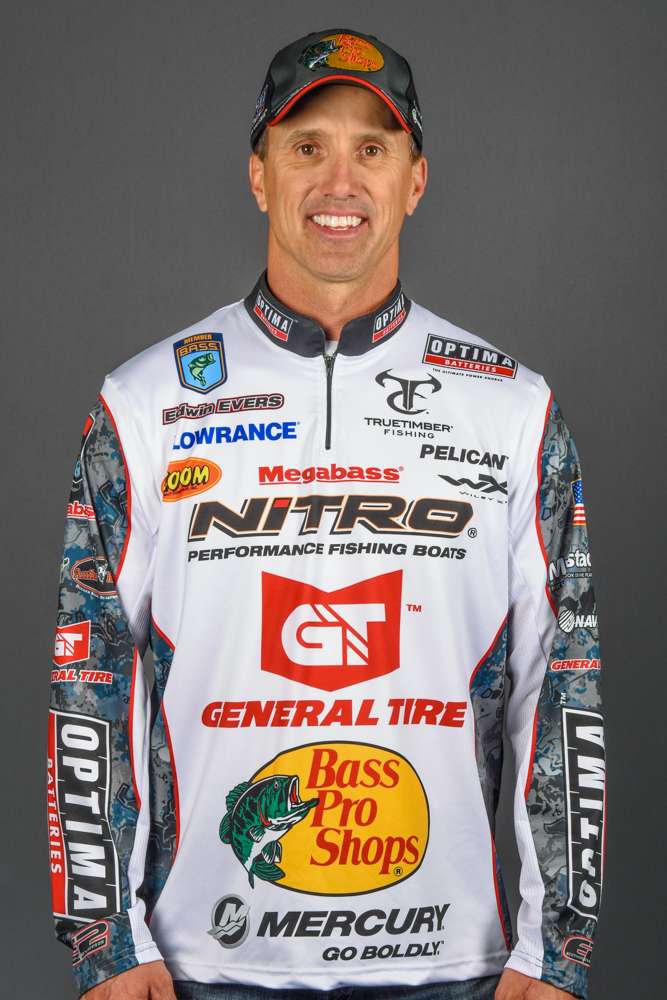Last time, I went through the first part of my personal report card for the 2014 Bassmaster Elite Series season. This time I cover a few more assessments.
A comprehensive overview and tough evaluation of my performance is something that really benefits me. If you’re a tournament fisherman, you might want to do the same thing. It’s easy to pick apart an individual day on the water, but if you take a step back and look at the bigger picture, you can often see larger issues that can make a huge difference in your performance. That’s what I try to do with a report card like this.
Here’s the second set of my grades for 2014.
On-the-Water Adjustments (A)
Being aware of any changes on the water and adjusting to them quickly and effectively is a big part of being a successful tournament angler. It’s one of the few things I was doing pretty well in the first half (I gave myself a B), and I continued to make good adjustments all year.
At Dardanelle, after my primary spot stopped producing, I was able to find more productive spots in the same general area and even added a crankbait pattern to the flippin’ bite I was working. At Chickamauga, I failed to go looking for more fish like I should have; I got locked into what I was doing the first day (I was in second place) and things fell apart after the second round.
At the Delaware River I fished by the seat of my pants, and that’s a style I really like. Jason Christie clued me into a rising tide pattern, and I was able to develop it very quickly. At Cayuga, when my main pattern died, I located some bass that hadn’t been pressured and had my best finish of the year.
Equipment (A)
As I reported in May, I’m fortunate to work with great sponsors, and I work hard to make sure my gear is ready for the season. It’s one of the few things in this sport you can control. There are lots of other variables out there that can take you out of contention; you can’t afford to let your gear do it.
This year I had no issues, no mechanical failures and no problems that took me away from my fishing. For that, I owe a debt to my sponsors and my equipment.
A couple of incidents stand out for me from 2014.
At the Delaware River, I ran past Skeet Reese on the first day and saw him stuck on a bar. When I realized that he and his marshal were OK, I cruised right past him, wondering how he could have made such a costly mistake. To show you how humbling this sport can be, on the final day it was my turn. I was running a brand new lower unit and the tide was the lowest we saw all week.
I was running and looking directly into the sun. Visibility was tough. I had dry land on the left and right and what looked like foam straight ahead with water just beyond. I was going fast enough that I had no choice but to go straight ahead and to jump over a little patch of land to get to the water on the other side. We made it without any problems, but I did skin the paint off my brand new lower unit … and I nearly found myself stuck in the mud … just like Skeet. The sport has its ways of keeping you grounded — sometimes literally.
At the Angler of the Year Championship on Bays de Noc, I decided to take a chance and make a long run in some rough water. It didn’t pay off in the standings, but it was a good gamble. I couldn’t have taken that chance or made such a run without my Nitro and Mercury. They never let me down all year.
Next time, I’ll give my overall grade for the season plus tell you about some areas where I need to make some real improvement.





